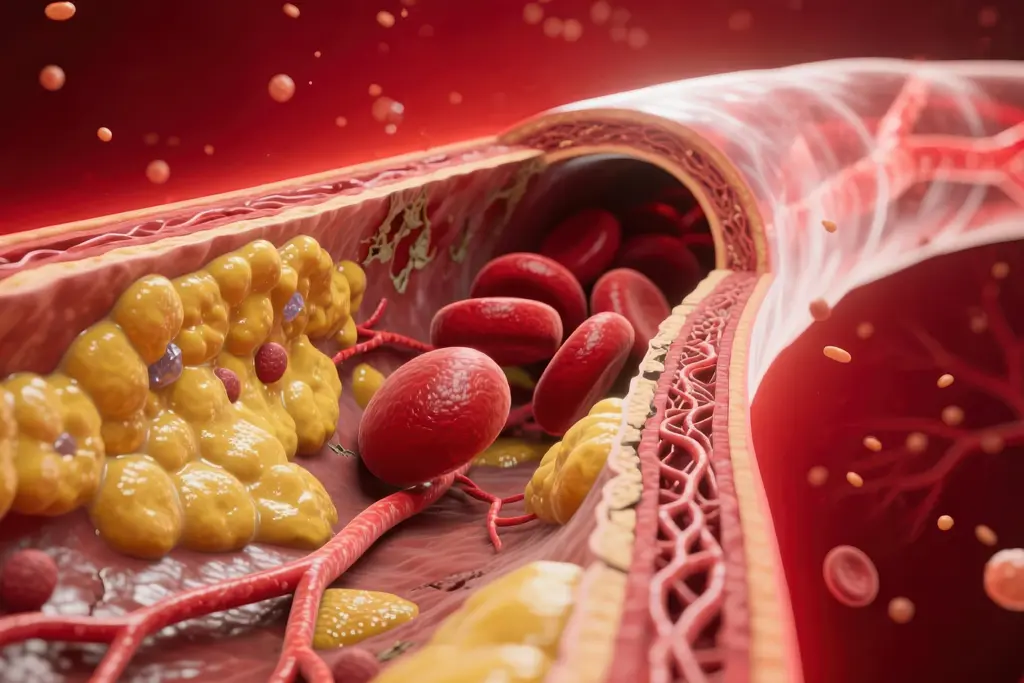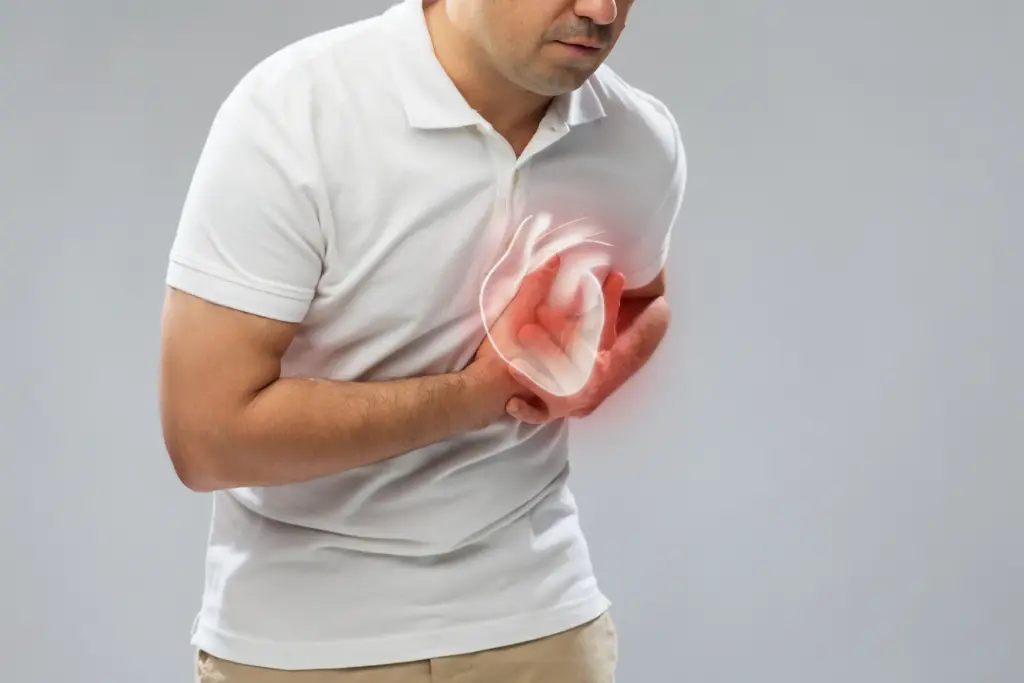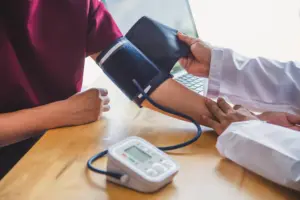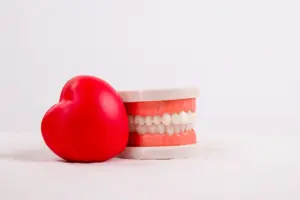
Signs of High Cholesterol: High cholesterol rarely feels urgent because it usually has no obvious pain or symptoms. But it’s a silent threat: if ignored, it can lead to heart attacks or strokes. That’s why it’s worth learning the early, subtle signals your body might send, even if they seem small.
What is cholesterol, and why is it important?
Cholesterol is a waxy, fat-like substance in your blood. You need it to build cells, make hormones, and aid digestion. The issue is too much of the wrong kind. LDL (low-density lipoprotein) is the “bad” cholesterol. Excess LDL can stick to artery walls and form blockages. HDL (high-density lipoprotein) is the “good” cholesterol, which helps carry LDL away from the bloodstream.
Also Read | The cholesterol cheat sheet: All that you need to know
Why is high cholesterol dangerous?
High cholesterol doesn’t hurt at first, but over time, it can narrow or block arteries, a process called atherosclerosis. Reduced blood flow raises the risk of heart attack, stroke, high blood pressure, kidney disease, and peripheral artery disease. As these are serious, potentially life-threatening problems, early detection is essential.
Early signs of high cholesterol:
Skin clues (xanthomas): One visible sign of very high cholesterol is yellowish, waxy bumps. These are fatty deposits under the skin, called xanthomas. They often appear on elbows, knees, heels, or around joints. They’re usually painless, but they’re a red flag that cholesterol may be severely elevated.
Chest tightness or pain: If cholesterol has begun to clog the heart’s arteries, you may feel pressure, tightness, or pain in the chest, especially during activity. This suggests the heart isn’t getting enough oxygen-rich blood.

Unusual fatigue or breathlessness: Narrowed arteries force the heart to work harder. That strain can show up as persistent tiredness or shortness of breath, even with light effort. It can also signal cardiac stress.
High BP: High cholesterol and high blood pressure often travel together. As arteries narrow, the heart must push harder, raising blood pressure and adding more wear on vessels.
How to test cholesterol?
The only way to know if your cholesterol is high is a simple blood test that measures lipid levels. It measures total cholesterol, LDL, HDL, and triglycerides. Most adults should test every 4–6 years (or more often if advised by a doctor).
Also Read | Why managing stress is key to controlling your cholesterol
High cholesterol often has no symptoms, though your body may show subtle clues, so screening matters.








